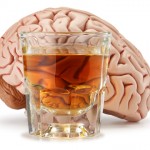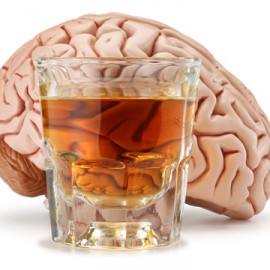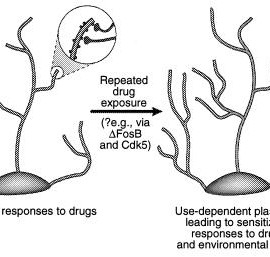Blogs
We have four blogs on our site, each with its own focus:
How to Talk so Someone With Addiction Will Listen (Families) is a question-and-answer format blog that provides help for families struggling with an addiction problem.
extra
extra
How to Talk so Someone With Addiction Will Listen (Clinicians) is a question-and answer format blog serving as a discussion forum for treatment clinicians & recovery pros.
extra
extra
Tips for Treatment Programs is a question-and-answer format blog that gives practical tips for people who want to run excellent treatment & recovery programs.
extra
extra
Thinking About Addiction is a more traditional “sharing our thoughts” blog that responds to news, information, and whatever’s happening for us right now. It’s too long a title to call it “Thinking About Addiction, Treatment, and Recovery” but that’s a better description.
Here’s a feed of all the posts to all of our blogs:
The War Within
It was never really about the job, or an article in Time, or anything except his own fervent desire to keep drinking and prove everyone else wrong.
Topics: alcoholism, loss of control, signs and symptoms
Ideology Wars
If Project MATCH had it right, and all three work but none works significantly better than the others– then what’s all the argument about?
Topics: 12Step, cognitive behavioral therapy, motivational enhancement therapy, program development, rational emotive therapy, treatment models
Science vs. Science
Pundits are always telling us that science proves this or that, but when we look closer, we find it proves neither.
Topics: bad information, research, treatment models
Fear of the Disease Model
Many clinicians don’t view addiction as a disease, which they believe relieves them of the need to learn much about its pathophysiology.
Topics: disease model, models of addiction, treatment models
Anonymity versus Celebrity
Look what’s happened to the public image of rehab as a result of those awful high-profile celeb incidents.
Topics: 12Step, celebrity, relapse
An Addiction Switch?
One characteristic of Delta FosB is its unusual stability. It’s capable of persisting in the brain for a very long time.
Topics: addiction and the brain
The Natural History of Recovery: CoDisorders
There’s plenty of evidence that treatment for depression works, and that people with co-occurring disorders can and do get a whole lot better.
Topics: co-occurring disorders, depression
The More Things Change…
Few clinicians believed that street crack addicts could succeed as outpatients, but the demand for residential care was never fully met because of, you know, budget considerations.
Topics: epidemiology, program development, systems



















